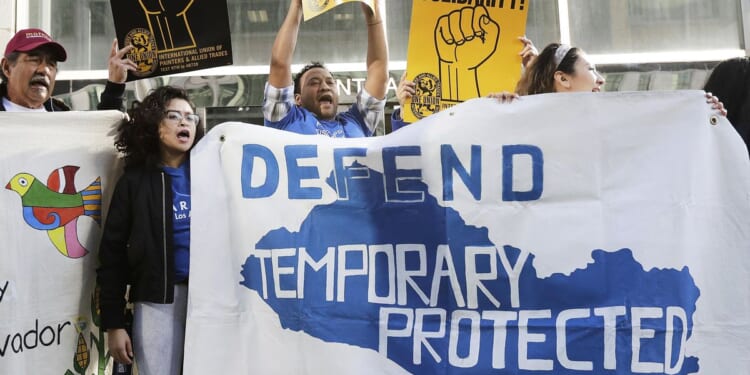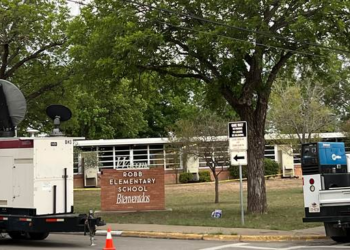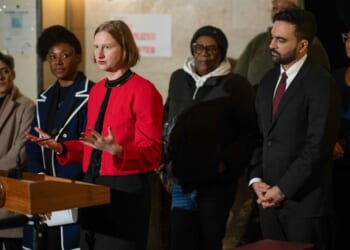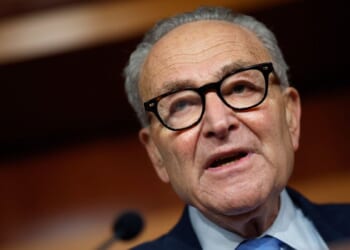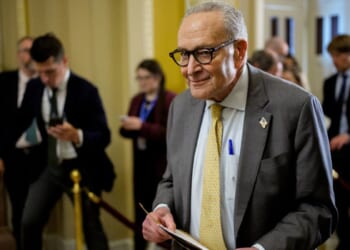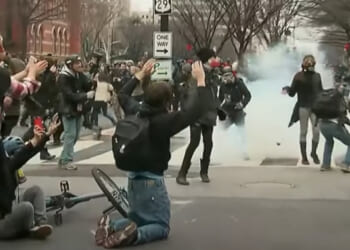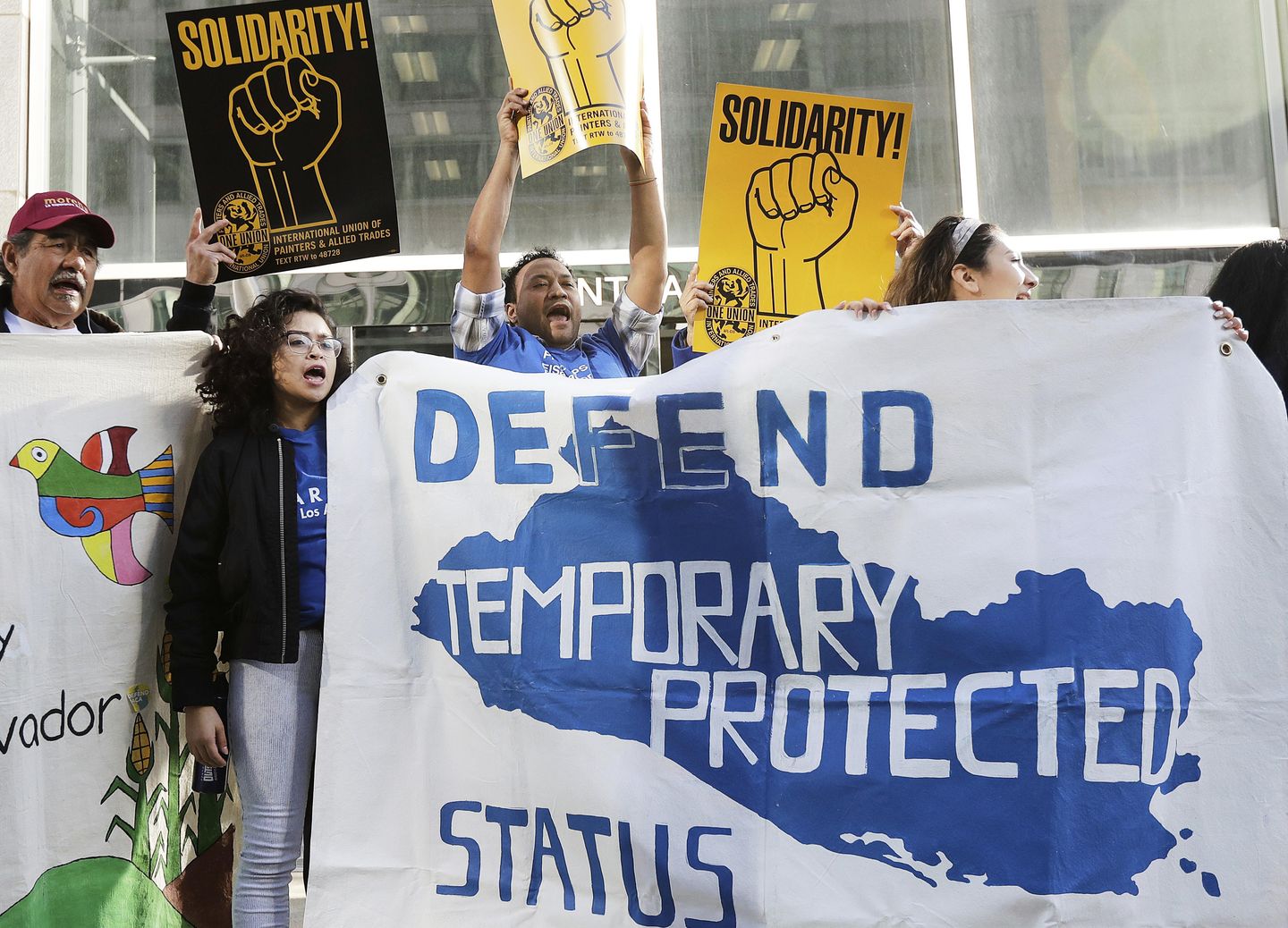
A federal judge ordered the Trump administration on Wednesday to postpone its plan to end a deportation amnesty for Syrian migrants, ruling the government likely cut too many corners.
District Judge Katherine Polk Failla’s decision is a reprieve for more than 6,000 Syrians enrolled in Temporary Protected Status, a sort of tentative legal presence that staves off deportation.
The ruling came a day before the TPS was due to end.
Judge Failla, an Obama appointee, sided with challengers who said the Trump administration didn’t do a thorough review of the conditions in Syria and injected politics into the decision to end TPS.
“Defendants’ termination of Temporary Protective Status for Syrians in the United States is hereby postponed, pending further order from this court or a reviewing court,” the judge wrote.
The administration is likely to appeal, just as it has in other cases where judges had halted moves to end TPS for other nationalities.
The Supreme Court has grappled with one of those cases, termination of TPS for Venezuela, and allowed the administration to move ahead.
TPS is supposed to be used in cases where a country suffered a natural disaster, war, epidemic or political upheaval and forcing people to return home is deemed to be unsafe for them and a burden to the country.
The status allows them to live and work in the U.S. while their home country recovers.
In practice, it’s become a backdoor immigration system. Hundreds of thousands of migrants from Central America have been living under TPS for roughly a quarter-century, and the Biden administration vastly expanded the program’s reach.
Homeland Security Secretary Kristi Noem has been trying to undo many of the designations, saying she wants to restore the program to a true temporary safety vale.
Judges have accused her of racial “animus” in her decision-making.
For Syria, Ms. Noem said it was granted TPS in 2012 due to the ongoing civil war there.
But she said the national war has settled into more localized “flare-ups” that amount to “continuing challenges but not full-scale conflict.”
She also cited “significant public safety and national security risks” to allowing Syrians to remain temporarily in the U.S., given its history as a state sponsor of terrorism and the inability of America to vet its citizens.

